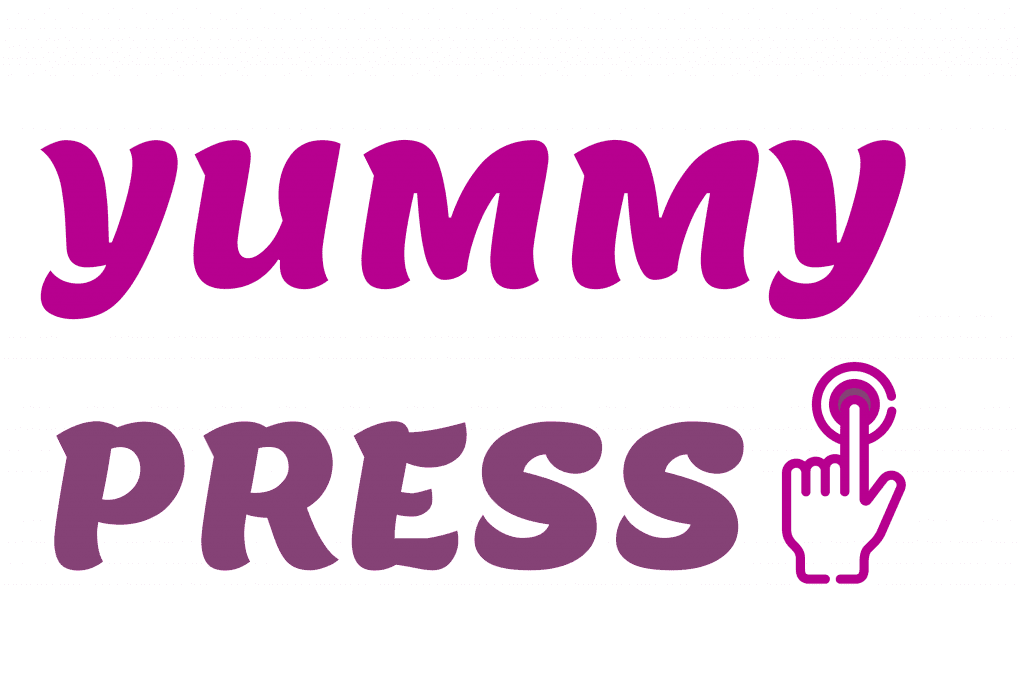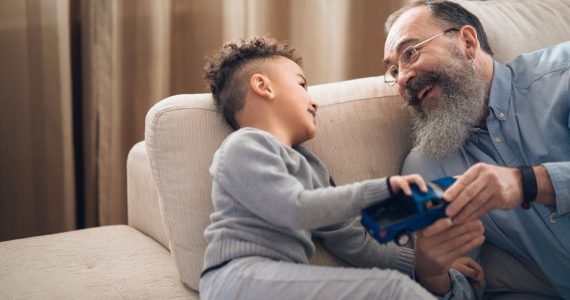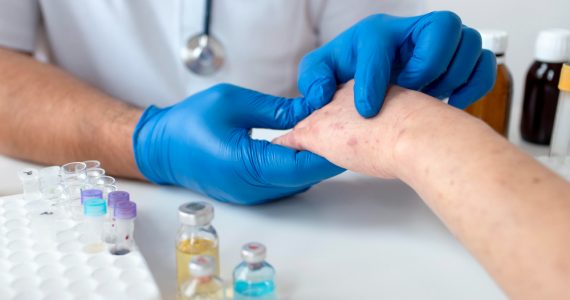Health starts with what we put in our bodies, and caffeine is sneaking into kids’ diets more than ever. From soda and chocolate to energy drinks and flavored coffee, caffeine is everywhere. And while it might seem harmless, this stimulant can seriously mess with your child’s health.
Let’s break down how caffeine affects kids and why parents need to pay attention:
Caffeine Messes With Sleep
Sleep is a big deal for growing kids. Caffeine fights against it. Even a small dose late in the day can make it hard for your child to fall asleep. It also reduces deep sleep, which is the part that helps the body grow and recharge. If your kid is always tired or cranky, caffeine could be the hidden reason.
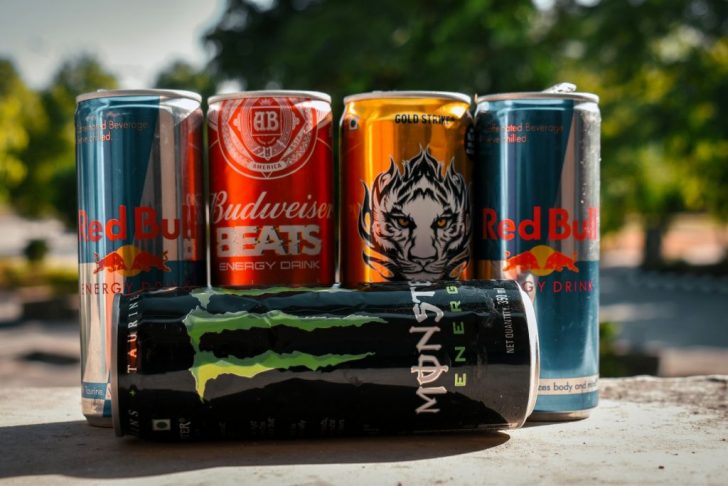
Poor sleep hurts more than mood. It affects school performance, memory, focus, and overall health. A tired child is more likely to overeat, move less, and get sick more often. Caffeine keeps their brain wired when it should be resting. That is not a habit you want sticking around.
It Cranks Up Anxiety and Mood Swings
Caffeine overstimulates the nervous system, which can lead to jitteriness and anxiety. Kids may feel restless or on edge without knowing why. Some even get stomachaches or feel like their heart is racing.
Then there is the crash. After the buzz wears off, they may become moody or irritable. Some kids even get emotional or angry over small things. These ups and downs make it hard to regulate emotions, which can affect friendships, school, and home life.
It Hits Their Growing Bodies Hard
Your child’s body is still building bones and organs. Health experts warn that caffeine can interfere with calcium absorption, which is bad news for bones. Kids need strong bones for life, and if they are skipping milk for soda, that is a problem.
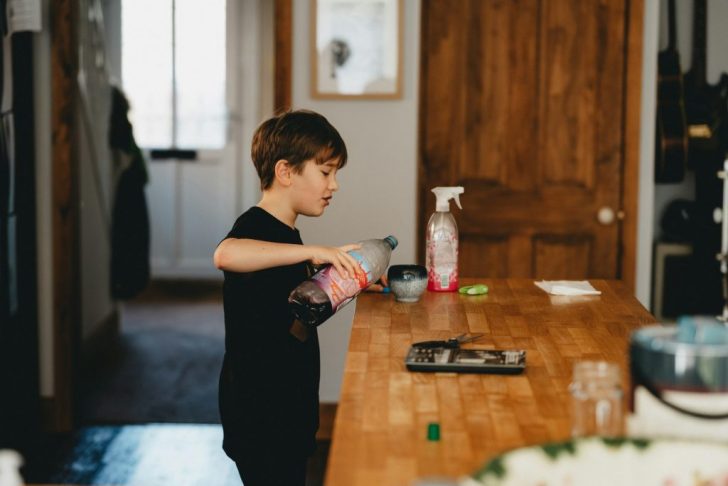
It also messes with blood sugar levels and energy balance. So, not only is caffeine sneaky, it is stealing space from the stuff kids actually need to grow.
Caffeine Creates Dependency Faster Than You Think
Health also means avoiding addiction. Caffeine is habit-forming, even for kids. The more they drink, the more their body wants. When they skip a day, they might feel sluggish, get a headache, or become grumpy. That is withdrawal. It can show up in kids just like it does in adults.
Once caffeine becomes part of their daily routine, it is hard to quit. Because their bodies are smaller, even one can of soda can trigger symptoms. Early on, it sets up a pattern that makes them rely on artificial energy instead of good sleep, water, and nutrition.
It Can Worsen Existing Health Conditions
If your child already has a health condition, caffeine can make things worse. Kids with anxiety, ADHD, or heart issues are more sensitive to stimulants. Caffeine can raise their heart rate or blood pressure and amplify symptoms like nervousness, distraction, or mood swings.
Even if your child seems healthy, caffeine can stir up hidden problems. It adds stress to the body, increases dehydration, and makes it harder for them to stay balanced. That is why pediatricians recommend keeping it out of kids’ diets altogether. It is not worth the risk.
